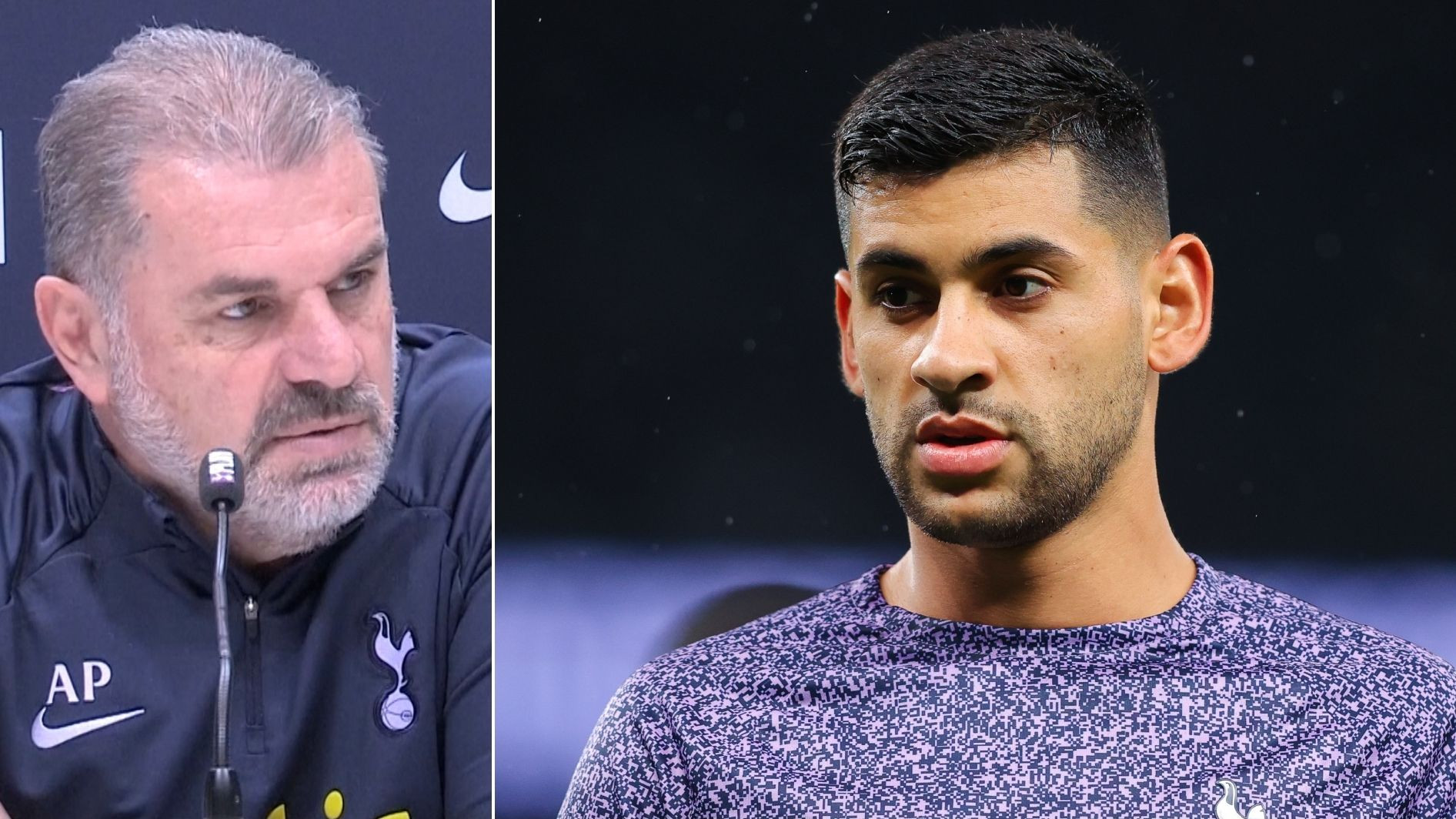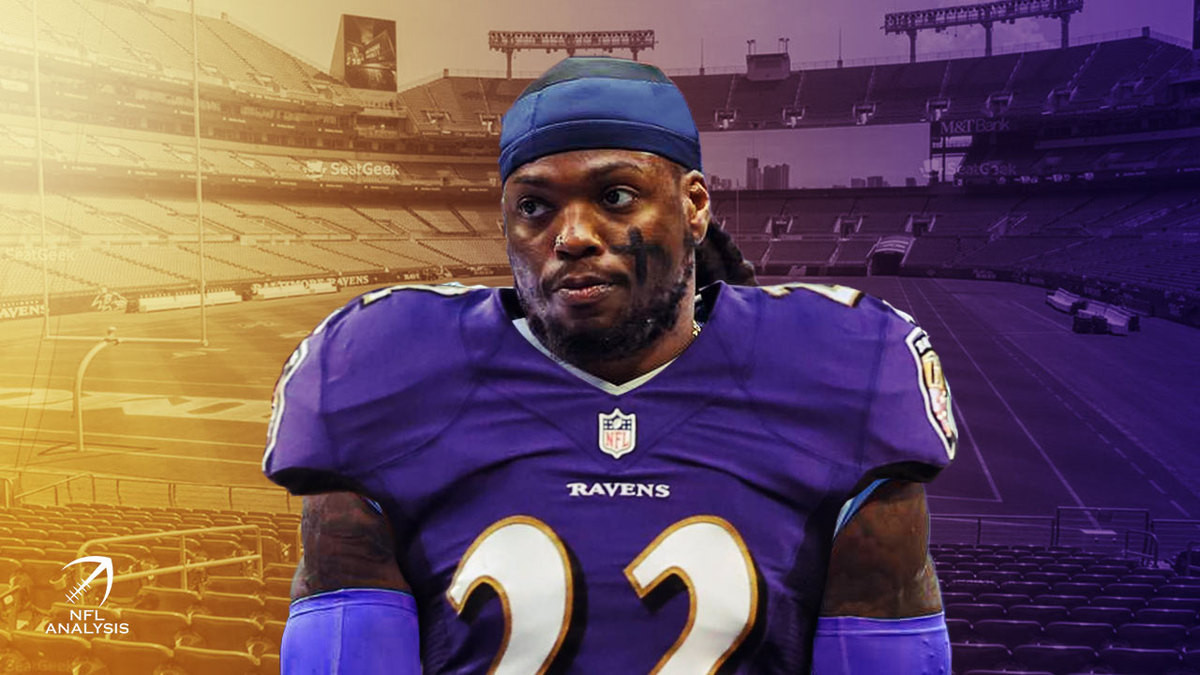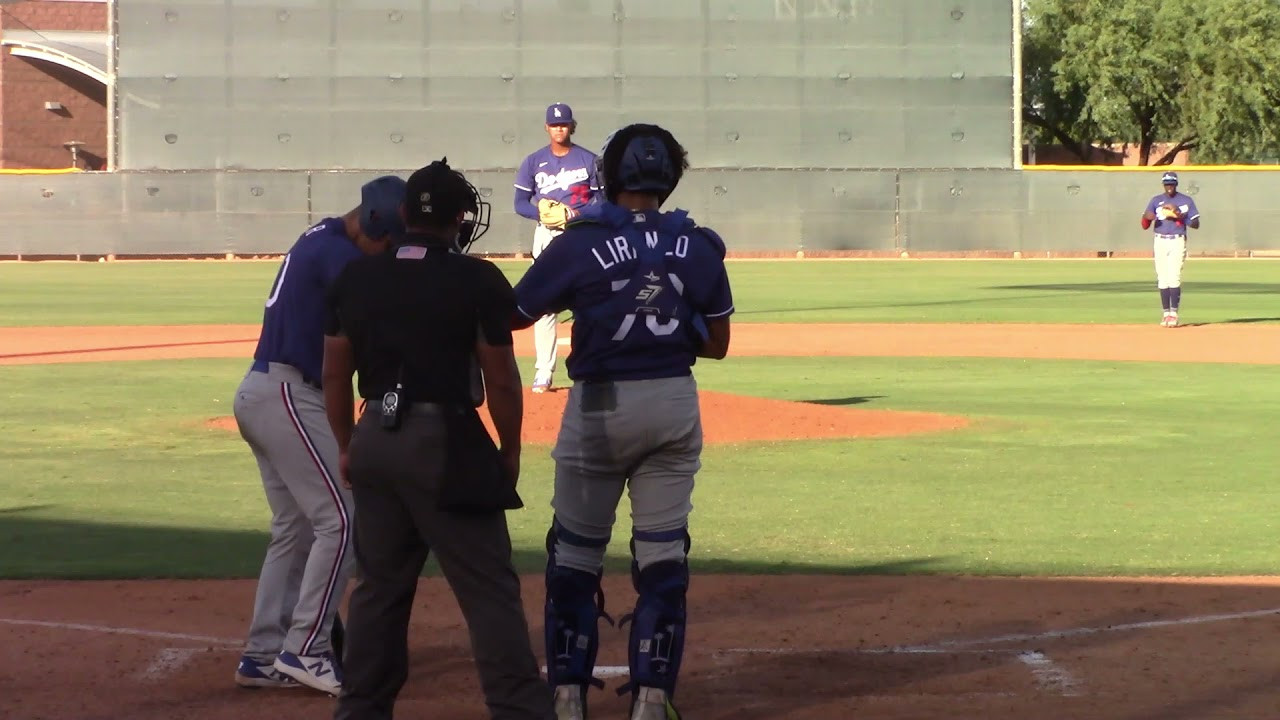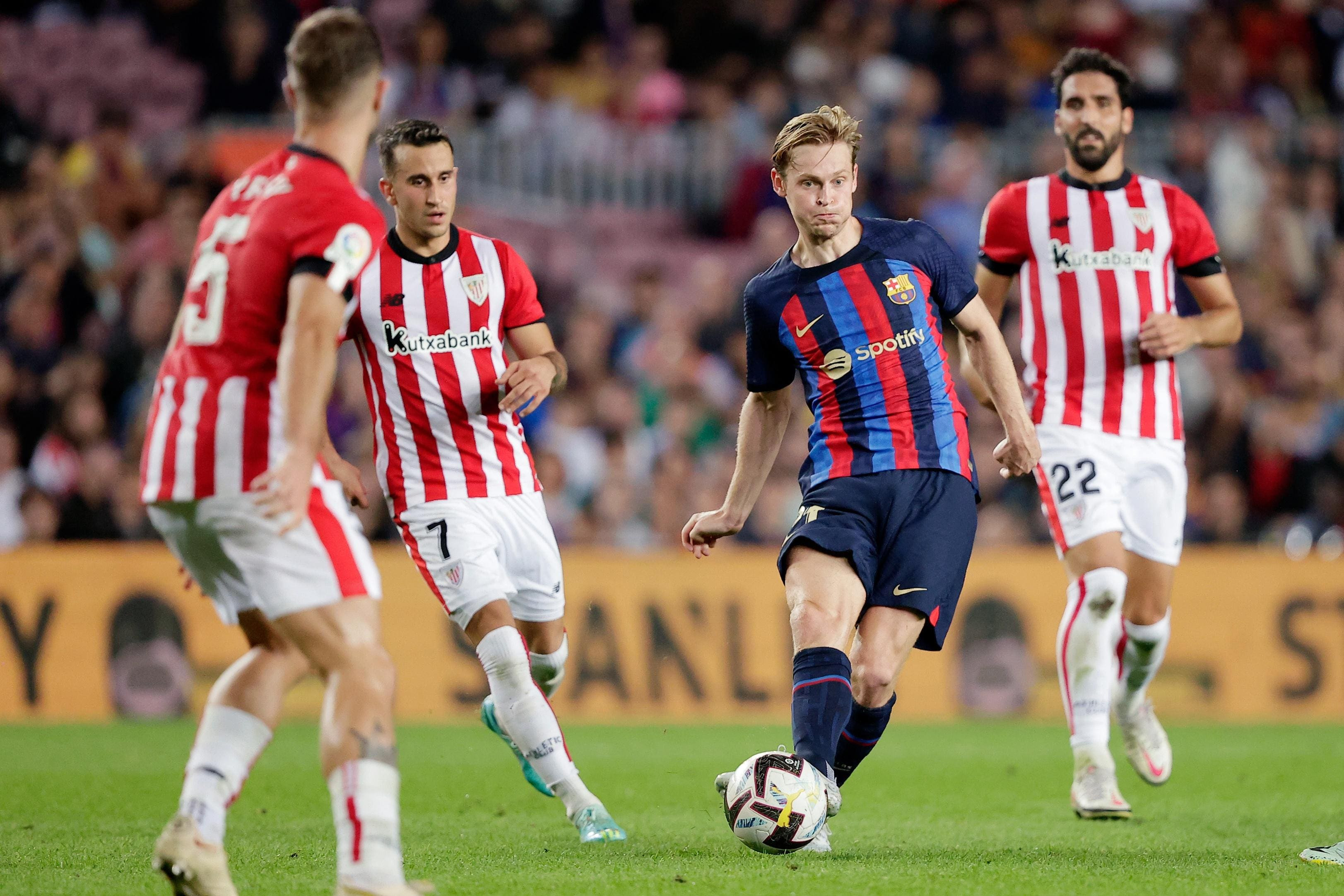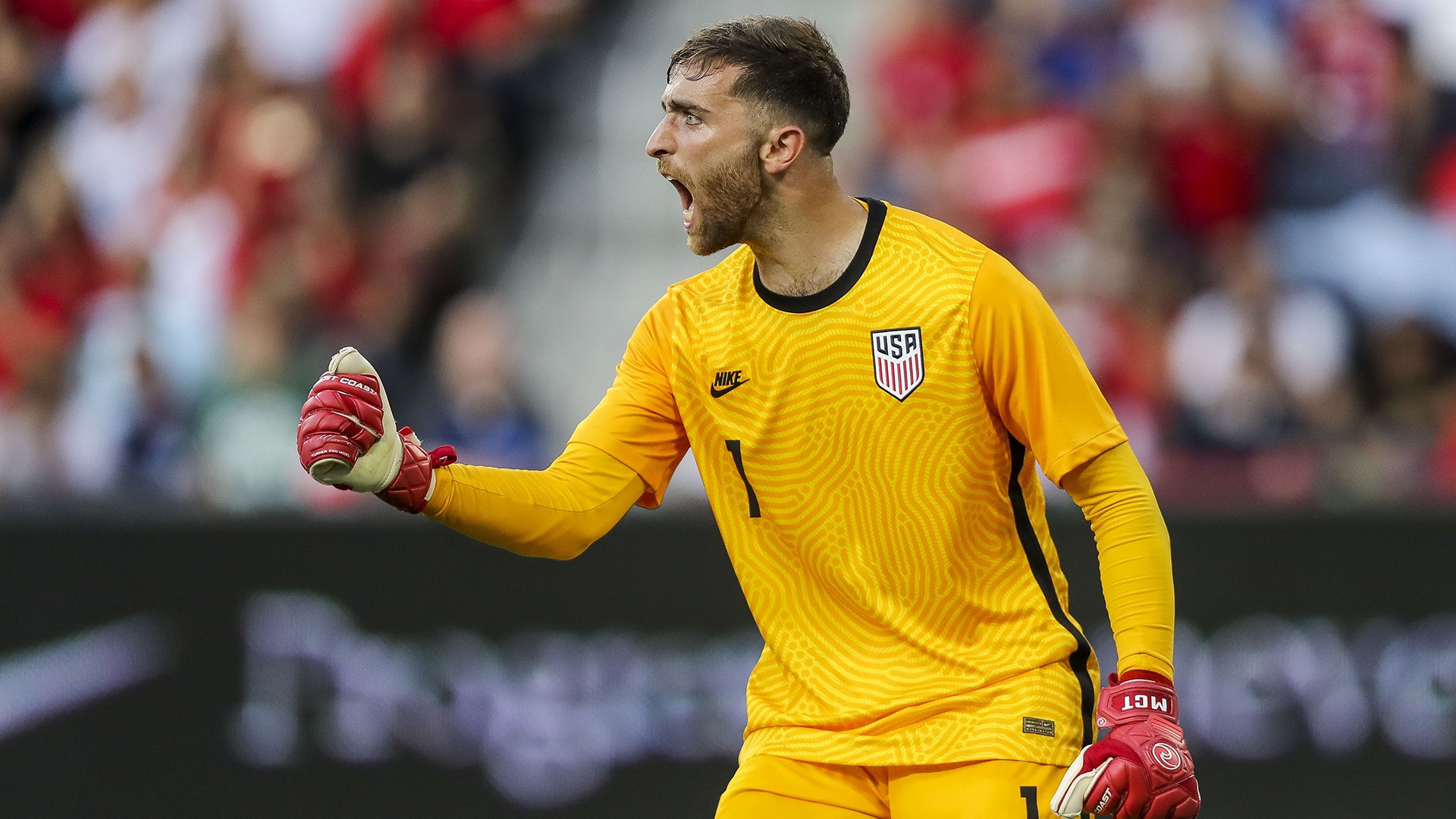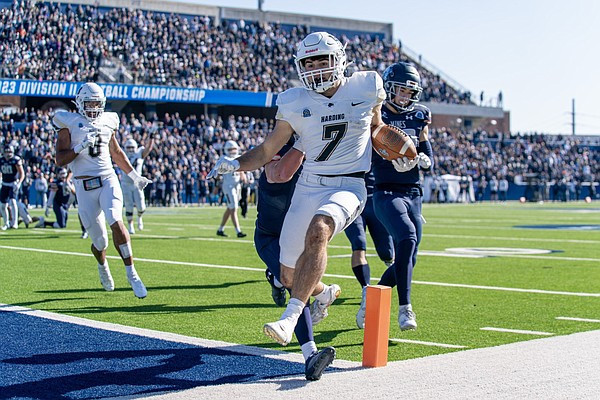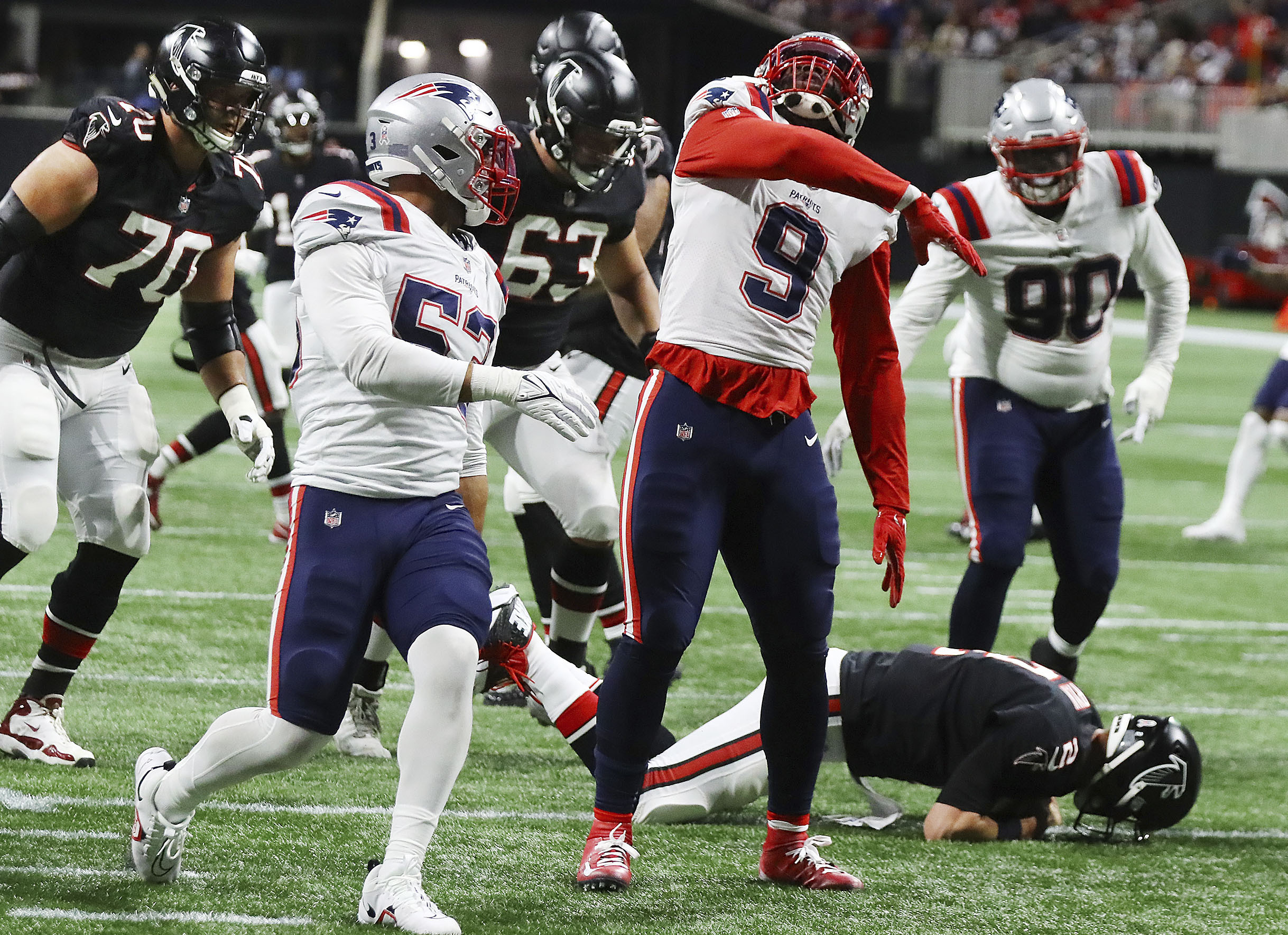Tottenham Hotspur Injury Update: Solanke's Return, Romero's Absence, and Postecoglou's Concerns
Tottenham Hotspur manager Ange Postecoglou addressed the media ahead of their crucial Premier League clash against Bournemouth, shedding light on the injury situation within the squad. The focus was primarily on the fitness of key players Dominic Solanke and Cristian Romero, both of whom have been sidelined recently. The press conference revealed a mixed bag of news, with some players inching closer to a return and others remaining on the sidelines.
Solanke's Illness and Potential Return
The much anticipated return of striker Dominic Solanke to face his former club could be on the cards. After missing Tottenham's last match due to an illness, Postecoglou offered a glimmer of hope regarding his participation in the Bournemouth match. He stated that Solanke, while still not fully recovered, has shown significant improvement and is due to train. The manager emphasized that his inclusion in the matchday squad remains uncertain, pending his response to training.
While Solanke's illness initially raised concerns, with reports that he was unable to even leave his car on matchday, Postecoglou's comments indicate a potential recovery. Solanke's recent form before the illness has been impressive, with six goals in 17 appearances across all competitions. This underlines the importance of his potential return to the squad to bolster the team's attack which has visibly struggled with scoring consistency.
Solanke's Impact
Solanke's presence would significantly impact Tottenham's attacking strategy. His absence in the previous game against Fulham saw Son Heung-min deployed as a central striker, a position he typically doesn't play. With Solanke's potential return, Son might shift to the left flank, his more natural and productive position. The manager's statement about wanting to avoid overusing Solanke also reveals his tactical considerations to manage the player's workload, ensuring that his fitness is strategically handled for crucial matches.
Romero's Injury and Recovery Timeline
Unfortunately, the news wasn't as positive regarding defender Cristian Romero. Postecoglou confirmed that Romero won't participate in the Bournemouth game. However, he provided a somewhat optimistic outlook on Romero's recovery, stating that the defender is anticipated to return to full training by Friday, or at the very latest, early next week. This timeline suggests Romero is nearing a return but is not yet match-fit. The recovery of the Argentinian international is crucial as he started 33 Premier League matches in the previous season, illustrating his impact on the team. Injuries for such an important player have caused some worry among fans.
The Importance of Romero's Return
Romero's absence in the recent matches significantly affected the team's defensive stability, and his return would bolster the lineup immensely. The manager also highlighted that while Romero might return to training soon, his readiness for full match participation remains uncertain given his month-long absence from play. His fitness level will be essential to gauge before deploying him in the intense and demanding matches ahead, which are crucial given the competitive nature of the Premier League.
Postecoglou Addresses Broader Injury Concerns
Postecoglou addressed other injuries within the squad, particularly in the forward line. He acknowledged the impact of multiple injuries on the squad's depth, including those suffered by Richarlison, Wilson Odobert, and Mikey Moore, adding that these injuries are hindering the team's offensive performance. The manager also hinted at the need for strengthening the forward line in upcoming transfer windows to address the existing gaps in squad depth and the potential for future injuries, and expressed his confidence in the players’ resilience.
Injury Crisis Management and Future Planning
The manager candidly admitted the frustrating effects of injuries, particularly regarding Richarlison. While praising the potential of Richarlison and his contributions when fit, he highlighted the need for roster depth, especially in the attacking line-up. This sentiment is directly linked to the club's need to manage the fitness and form of key players, such as Solanke, while minimizing risks due to the congested fixture list in the coming weeks. Postecoglou's comment on the need for bolstering the squad in future transfer windows underscores the challenges that he and Tottenham face given the depth of injuries.
Other Player Updates and Tactical Adjustments
Postecoglou also touched upon other players, highlighting the ongoing progress of Archie Gray, who suffered a knock during the Fulham match. He further revealed that Spence is always in top form and has a place in the squad, though not a starting one. This indicates that whilst Spence is fully fit, tactical choices are keeping him from the starting eleven, emphasizing the depth of options within the team, despite the injuries.
The Need for Rotation and Managing Player Load
Postecoglou's responses indicated a strategic approach to player management. He mentioned the need for rotation among players, especially given the busy schedule ahead, to ensure the players remain fresh and avoid a decline in performance due to fatigue. The manager's approach seems to favor managing the team strategically based on players' fitness and workload rather than attempting to play all his best players every game regardless of their physical state. This is a sensible strategy, particularly in the face of such a large number of injuries and the upcoming busy fixture list. The manager's focus is to ensure that his best players are in peak condition for the most important matches. This reveals a great deal about his coaching philosophy and the club's future objectives.
Looking Ahead: Bournemouth and Beyond
With the Bournemouth game on the horizon, the upcoming matches will significantly test Tottenham’s resilience and depth. The team faces not only the challenge of competing with a strong opponent but also the need to manage the fitness and workloads of the players strategically. The tactical decisions regarding player selection will be critical, requiring a nuanced approach to balancing experience and freshness among the playing squad, and ensuring the continued competitiveness of the club in a tight race for top positions in the Premier League.
The upcoming weeks will present various challenges, and Postecoglou's approach and decisions will determine Tottenham's ability to navigate them effectively. The management of the injury crisis, strategic player rotation and the acquisition of new players will be key to ensuring a successful season. The upcoming games will certainly test the team’s capabilities and will offer insights into their ability to bounce back from their recent setbacks. The future success of Tottenham appears to hinge on the interplay of these factors and the team's ability to adjust effectively to adversity.




